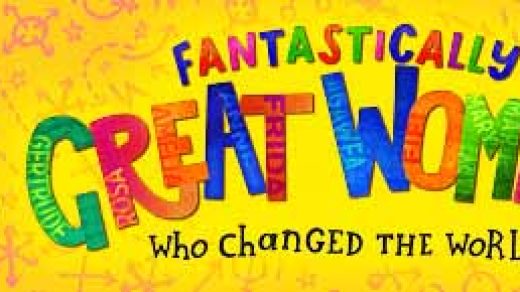Innovative project aims to boost literacy levels across North West to instil a love of reading

An ambitious new project aims to an instil a love of reading in thousands of children across the North West through the use of emojis, hashtags and other innovative teaching techniques.
The Three Saints Academy Trust, based on Merseyside, has received a grant of almost £100,000 from education charity SHINE to develop the ‘Are You Really Reading?’ programme, which it hopes will reach nearly 9,000 children at 50 primary schools and 10 secondary schools. The programme will run initially across St Helens, Halton and Wigan, before being introduced into schools in Liverpool, Knowsley and Sefton.
Lisa Bradshaw, director of school improvement at The Three-Saints Trust, said: “Our project will equip pupils with the skills to read for meaning and this will in turn instil a love of reading for pleasure.”

Reading for meaning is about children understanding what they are reading, not just pronouncing the words correctly, so that they appreciate the richness of the text and are able to make sense of it in a way that is engaging and enjoyable.
Children between the ages of 9 and 13 will be taught using a new teaching toolkit being created by staff at the trust.
Dozens of teachers across the region will be trained to use the toolkit, which will provide children in both primary and secondary school with a consistent approach to teaching that ensures youngsters both enjoy and understand what they are reading. It is hoped this will raise literacy standards and ensure children do not find the move between primary and secondary school so much of a culture shock.
At present, many children – particularly those from disadvantaged backgrounds – experience a dip in attainment when they move to high school and the new scheme is aimed at helping to narrow this gap.
Are You Really Reading? lessons are made up of five strands, which are adapted to suit the age of the children being taught and which work with fiction, non-fiction and poetry. These include an emoji strand, which involves children using emojis to explain how a character from a text was feeling.
Another strand sees the pupil’s sum up a text they have just read using hashtags. Pupils are asked to summarise what they’ve read in less than six words.
The strategies are designed to encourage children to take a closer look at what they are reading and find meaning beyond the surface of the words.
The three-year programme will be regularly examined and evaluated to ensure it achieves maximum impact. As the project progresses, more schools will get involved, helping many more children.

Maddy Barnes, director of English at Three Saints Trust, said: “Children are very familiar with concepts such as hashtags and emojis, and they can be a highly effective way of helping to increase reading comprehension.
“It is hard to put into words how excited we were when we heard the news that we would be working with SHINE.
“All teachers are passionate about enabling children to read with meaning and for pleasure. Our project will equip pupils with skills and provide teachers with a toolkit to teach comprehension strategies.
“All pupils can engage with this approach and will be successful. We cannot wait to get started so that we can really SHINE!”
Mrs Bradshaw said: “We are delighted to be working with SHINE to support the Three-Saints Trust in developing a teacher toolkit to support our high-quality reading programme to aid transition, initially between KS2-3 and beyond.
“We are passionate about there being ‘no lost ground’ and we strongly believe it is essential to maintain momentum to secure the best possible outcomes for all children.”
SHINE interim CEO Helen Rafferty said: “SHINE is delighted to be supporting this exciting and innovative project. Helping children to read for meaning will support them to engage with and enjoy a wide range of texts, improving their literacy, and making sure they can really make the most of their new step into secondary school. We can’t wait to hear about the results from the programme.”



